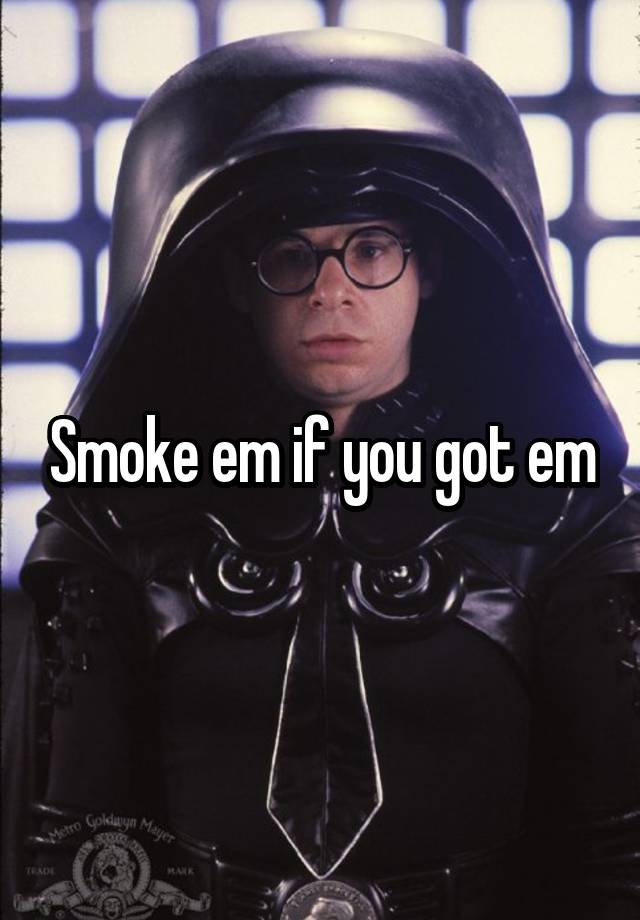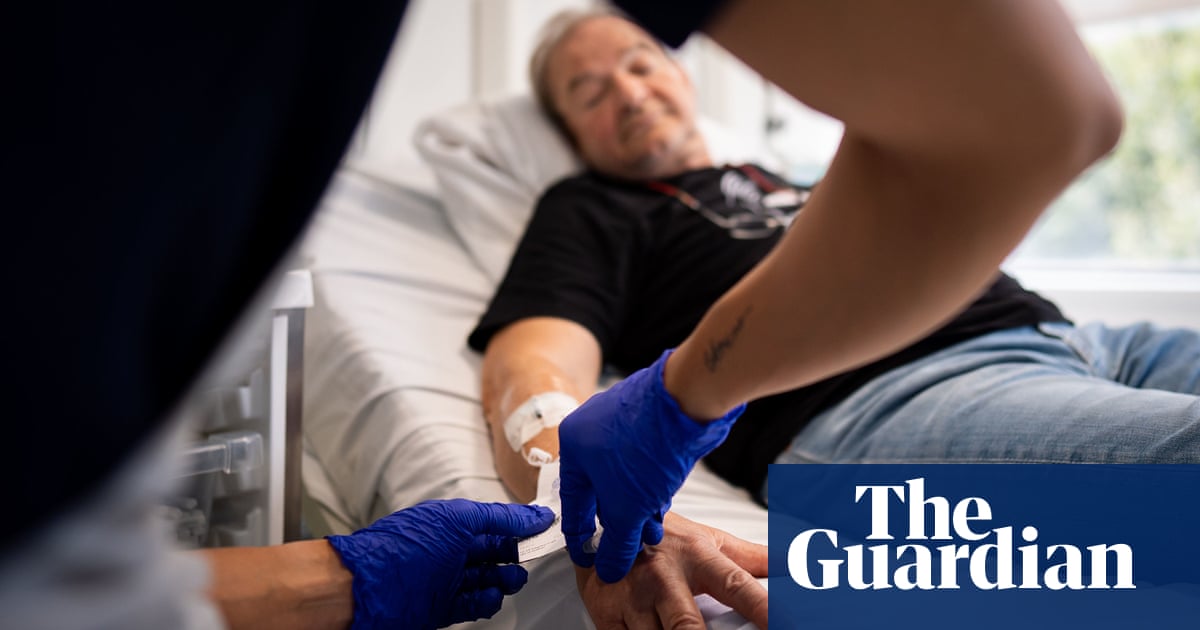- cross-posted to:
- [email protected]
- cross-posted to:
- [email protected]
Doctors have begun trialling the world’s first mRNA lung cancer vaccine in patients, as experts hailed its “groundbreaking” potential to save thousands of lives.
Lung cancer is the world’s leading cause of cancer death, accounting for about 1.8m deaths every year. Survival rates in those with advanced forms of the disease, where tumours have spread, are particularly poor.
Now experts are testing a new jab that instructs the body to hunt down and kill cancer cells – then prevents them ever coming back. Known as BNT116 and made by BioNTech, the vaccine is designed to treat non-small cell lung cancer (NSCLC), the most common form of the disease.
The phase 1 clinical trial, the first human study of BNT116, has launched across 34 research sites in seven countries: the UK, US, Germany, Hungary, Poland, Spain and Turkey.
So are the people who were anti Covid-vaccine also anti-cancer vaccine? Curious how that is gonna turn out.
“No doc, I wanna die an agonizing death, full of metastases, rattling breath, pain in my whole body, like god intended it”.
My cousin’s friend’s wife got the vaccine, and a month later had an STD even though neither of them had an STD before. Now my cousin has the same STD too because the government is spreading the vaccine through the air now.
So…I got bad news for the marriage of your Cousin.
Swear to fucking god lemmy, this is clearly a cheating/cousin fucking joke. Y’all thick.
Honestly I can’t see that even with the explanation.
I don’t think anybody got the joke bub.
It’s like being back on Reddit
Ken M energy, haha
So a sexually transmitted disease from a vaccine that now the government is allegedly spreading through the air? What in the chicken fried fuck? I’ll have what you’re smoking, but I’ll skip the pineapple party.
Grandmother died a while ago of this type of lung cancer. Be great if nobody else got it.
Same mine also 3 years ago
This is wonderful news! And nice to see BioNTech’s use of mRNA moving forward! Let’s hope things work out well and that they’re able to make it work for other cancers too at some point.
We will strike cancer down with the power of science! I am so hopeful for medical progress in the next decade
Time to buy up stock in Philip Morris!
Someone who’s more familiar with mRNA technology please explain to me.
I know that mRNA works for viruses because it trains the body on specific protein structures the virus uses to easily identify them, but in terms of cellular organisms like cancer and bacteria where the proteins are hidden behind the cell wall, especially in the case of cancer where it’s not even clear where in the DNA the mutation will take place, how the heck does this work??
The jab uses messenger RNA (mRNA), similar to Covid-19 vaccines, and works by presenting the immune system with tumour markers from NSCLC to prime the body to fight cancer cells expressing these markers.
Tumor markers have traditionally been proteins or other substances that are made at higher amounts by cancer cells than normal cells. These can be found in the blood, urine, stool, tumors, or other tissues or bodily fluids of some patients with cancer. Source: https://www.cancer.gov/about-cancer/diagnosis-staging/diagnosis/tumor-markers-fact-sheet
I am not a MD or anything but from what I can tell based on the tumor marker described above it sounds like it would work pretty much the same as the covid vaccine? Maybe the proteins build up like plaque and the mRNA just stops the protein production gene expression? Again I do not know a ton about cancer.

The Guardian - News Source Context (Click to view Full Report)
Information for The Guardian:
MBFC: Left-Center - Credibility: Medium - Factual Reporting: Mixed - United Kingdom
Wikipedia about this sourceSearch topics on Ground.News
deleted by creator
Any idea yet how long it might last? Could this ever be something that we take young (either as kids or now in my 30s) and just not be afraid of lung cancer?
Unless this one works differently than the one I read about a month or so ago, which isn’t at all clear from this article, no, probably not something we can get as kids.
The reason is that, at least at the moment, you need a sample of the cancer itself and protein markers for each individual, and each cancer type, so it’s a vaccine that you get only after you get the cancer. Plus it’s multiple doses over the course of several weeks.
They also aren’t sure if the cancer will come back after being eradicated, so for now they have no idea how effective it will be, nor how long it’ll last.
But this is a technology very much in its infancy. The first trial ever was earlier this year, so… who knows where it’ll go from there. Maybe they will be able to isolate enough common markers for enough cancers to have a childhood vax for prevention. Almost certainly a long ways off tho.
If it’s a post disease treatment isn’t it just a cure vs a vaccine then?
It is a therapeutic vaccine
TIL, thanks.
is this the one that Cuba had like 10 years ago?
*edit - I’m being serious








